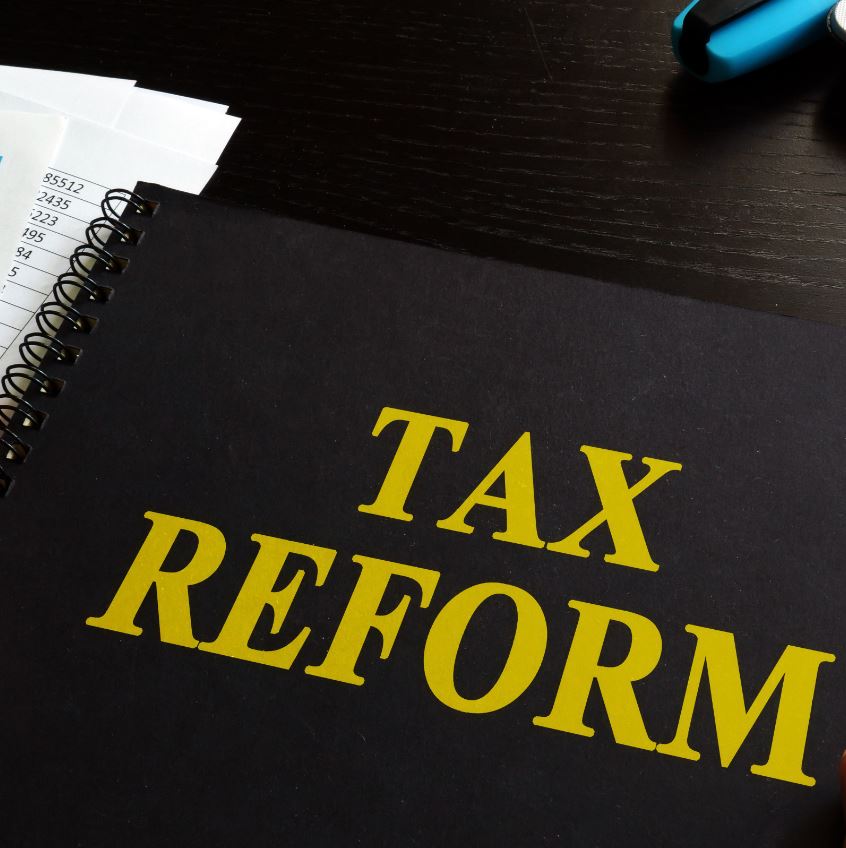This website uses cookies so that we can provide you with the best user experience possible. Cookie information is stored in your browser and performs functions such as recognising you when you return to our website and helping our team to understand which sections of the website you find most interesting and useful.
Sikich Series on Tax Reform: House Passes Three Bills as Part of “Tax Reform 2.0”

Tax Reform 2.0 Follow-up
Earlier last month, the House Ways and Means Committee introduced and passed three separate tax bills referred to as “Tax Reform 2.0.” (Please click here for our earlier Sikich Insights tax article on the unveiling of Tax Reform 2.0).
Tax Reform 2.0 consists of the following three tax bills:
- H.R 6760, the Protecting Family and Small Business Tax Cuts Act of 2018 (click here for an explanation of this bill). This part of Tax Reform 2.0 will make permanent many of the individual tax changes made in the Tax Cuts and Jobs Act last year. These items would expire in 2026, but this proposal would make these measures permanent.
- H.R. 6757, the Family Savings Act of 2018 (click here for an explanation of this bill). This proposal would expand retirement savings for individuals and businesses, and also introduce new “Universal Savings Accounts” for families.
- H.R. 6756, the American Innovation Act of 2018 (click here for an explanation of this bill). This bill would expand the deductions for start-up costs for new businesses and loosen restrictions on losses generated in the early years of a new business.
The Tax Reform 2.0 bills were brought to the floor of the House for votes on September 27-28, 2018. All three bills passed mostly along party lines. The three bills that passed the House last week contained only minor revisions from the bills that advanced out of the Ways and Means Committee several weeks ago.
Senate Up Next: The Outlook
It is uncertain if the Senate will take up Tax Reform 2.0 this Fall at all. Last year’s tax reform legislation, the “Tax Cuts and Jobs Act,” passed the Senate using the special budget reconciliation rules which required only 51 votes in the Senate. Tax Reform 2.0, however, is not part of any budget reconciliation plan this year, and thus it will need 60 Senate votes to pass Tax Reform 2.0, and this is unlikely. The prospects for Tax Reform 2.0 seem slim here in 2018 either before the fall elections, or in lame duck sessions in November and December. There is a chance that a retirement bill, perhaps like the above Family Savings Act of 2018, could move forward in 2018 as the Senate worked on its own retirement legislation earlier this year. The coming mid-term elections are the focus now of everyone on Capitol Hill, and tax reform does not have the same momentum it had a year ago.
We will provide updates as they unfold. Stay Tuned. Please let your Sikich tax advisor know if you have any questions.
This publication contains general information only and Sikich is not, by means of this publication, rendering accounting, business, financial, investment, legal, tax, or any other professional advice or services. This publication is not a substitute for such professional advice or services, nor should you use it as a basis for any decision, action or omission that may affect you or your business. Before making any decision, taking any action or omitting an action that may affect you or your business, you should consult a qualified professional advisor. In addition, this publication may contain certain content generated by an artificial intelligence (AI) language model. You acknowledge that Sikich shall not be responsible for any loss sustained by you or any person who relies on this publication.




